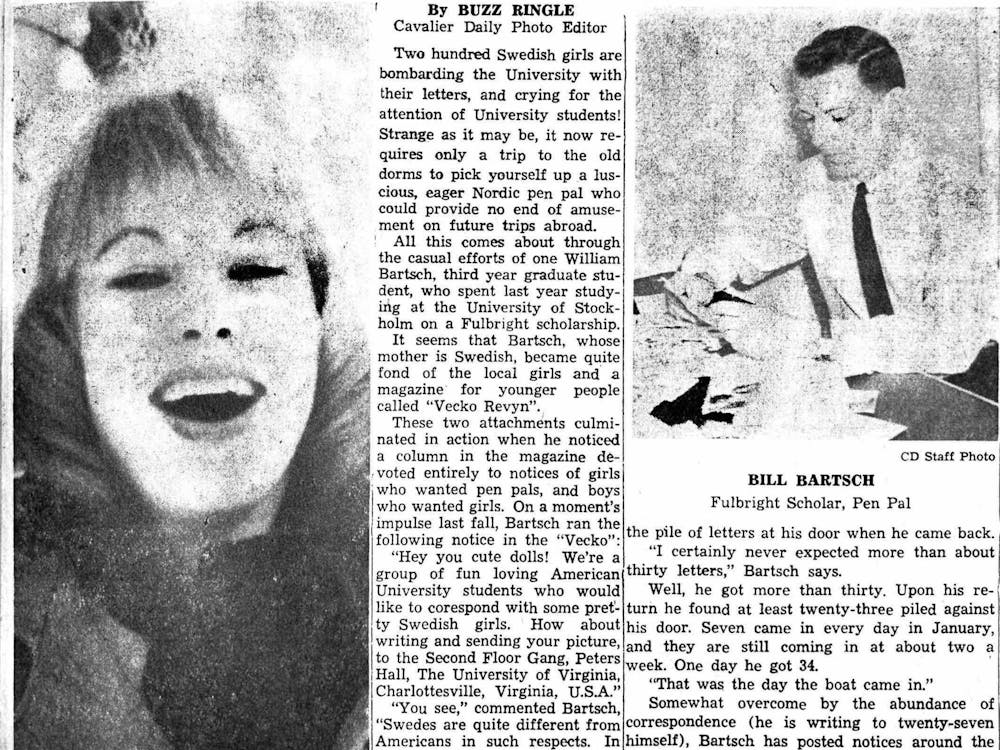The Education School has received funding to conduct research around the country, aimed at helping to improve teaching methods in the science, technology, engineering and mathematics fields.
The funding came from the National Science Foundation, and was awarded in three grants totalling $4.4 million. The program will consist of three studies, with a different group of University faculty members leading each project.
Assoc. Education Prof. Peter Youngs will lead a study which examines how social networks within elementary schools impact novice teachers’ instruction of mathematics.
Youngs and his team hope to analyze the way teachers plan lessons, and the influence a teachers’ peers and superiors have on them and their planning methods.
“As a result of this study, schools and school divisions in Michigan, Illinois, Indiana and Ohio will enact policies and take other actions to strengthen their formal new teacher induction programs, their mathematics-related professional development activities, and their instructional coaching initiatives in order to support beginning elementary teachers as they plan and enact ambitious mathematics instruction,” Youngs said.
The second project will be led by Frackson Mumba, Robert Tai and Vivien Chabalengula, each associate professors of science education, along with Asst. Engineering Education Prof. Jennifer Chiu, Larry G. Richards, professor of mechanical and aerospace engineering, and Chemistry Prof. Dean Harman.
The group plans to recruit undergraduates who are earning their bachelor degrees in science or engineering, graduate students, professional scientists and engineers, and train them to become accredited high school teachers through a scholarship program.
“We are doing something no one has ever done before,” Mumba said. “We are integrating engineering, which is a new theme in science education right now. We are going to increase the number of high school science teachers in the state and change the way these people are trained.”
The project seeks to recruit 40 undergraduate and graduate students, and award 40 scholarships in five years through the Noyce Scholarship program.
Josipa Roksa, associate professor and associate director of the Education School’s Center for Advanced Study of Teaching and Learning in Higher Education, will lead the third project, alongside doctoral biology students.
“We know very little about what aspects of graduate education provide the optimal context for skill development and how skill development may be related to important outcomes such as graduation,” Roksa said. “Program structure is often the product of past practices and unique circumstances, and not a firm understanding of what conditions facilitate student success.”
The findings will have implications for re-structuring graduate programs in the natural sciences to improve the research skills of their graduates.
“Building capacity in the natural sciences — both the number of students persisting through their programs and ensuring that those who persist are highly skilled — is central to economic growth and development,” Roksa said.





